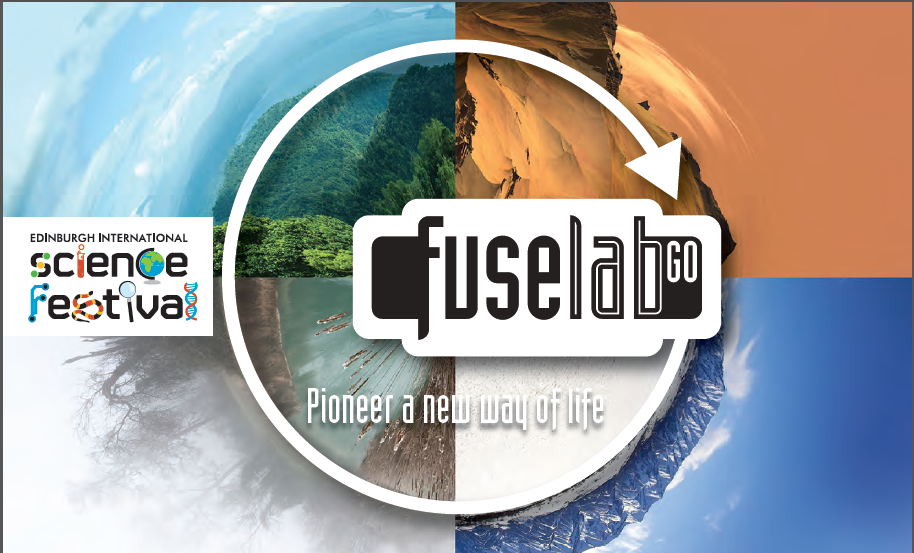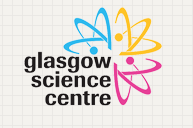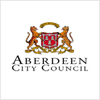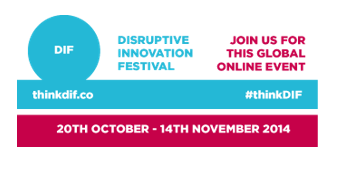Another phase of funding has been announced as part of The Food for Thought Education Fund to support schools across Scotland to develop and improve learning and teaching around food education.
Schools are also required to identify and work in partnership with a local business to enhance their project and to develop skills for learning, life and work. In Phase One, 176 different businesses engaged with schools. The value of their time, resources, advice, expertise and volunteering was estimated by Scottish Business in the Community to be worth £300,000, which is very close to match funding the £358,618.61 awarded to schools as part of Phase One.
Now in its third year, the aim of the Food for Thought Education Fund is to support schools to use food and health as a context for learning across Curriculum for Excellence, to improve teacher confidence in delivering food education and as a way to engage with parents and the wider community.
The Fund allows schools to apply for grants individually or in a joint application as part of a cluster of schools from their education authority. More information about applying for funding can be found on the Education Scotland website.
Cabinet Secretary for Rural Affairs, Food and Environment, Richard Lochhead, said:
“In Scotland’s Year of Food and Drink I want to see more young people engage with the journey of their food and drink – but not only that: I want them to look to the future and think about the potential careers they could have in an industry that is full of promise – they can learn about business management and how to plan and promote events in the sector.
“I’m delighted that the Food for Thought funding has entered its third phase, with another £300,000 going towards developing and improving both teaching and learning around food education. Scotland’s food and drink industry is booming, and interest in what we have to offer has never been greater. This is a successful sector which Scotland can be – and is – proud of, and it’s really fantastic to see schools getting involved.
“This third round of funding is now open through the Education Scotland website and I would encourage more schools across the country to look at possible projects and get involved in helping Scotland to become a Good Food Nation. I’m also keen to see the private sector support this project – both to increase the funds available and to develop productive relationships between schools and local firms.”
Suzanne Hargreaves, Senior Education Officer for Health and Wellbeing at Education Scotland, said: “We are thrilled to be able to give schools the opportunity to apply for the third phase of the Food for Thought Education Fund, which is having such a positive impact in schools across Scotland already. Since the fund started we have helped support 9,143 learners get involved in new and exciting food education projects.
“One very interesting project we have supported is at Charleston Academy, Inverness where the school has had the help of world-renowned chef Albert Roux over the last five years with both culinary and financial support. The Food for Thought Funding combined with funding from Highland Council and the school’s own fund raising activities has allowed them to open The Albert Roux Training Kitchen at the school. We wish them all the best with this project and would encourage all schools to consider the great opportunities this funding could bring to their learners.”
A total of 232 schools were involved in the first phase of the fund, amounting to an average spend of around £1,532 per school across 25 local authorities, with 20 per cent of the fund targeted at schools to help learners from disadvantaged backgrounds
To enquire about applying for funding or to read a copy of the full evaluation report from Phase One of the Food for Though Education Fund, please contact the Food for Thought team. Schools who were awarded funds in Phase Two are currently evaluating the impact of their projects, and schools who have applied for funding in Phase Three will be notified if their application has been successful by June 2015.
Additional information:
•£358,618.61 of funding was granted in Phase One and £649,006.41 in Phase Two.
•232 schools were involved meaning an average spend of £1,532 per school in Phase One.
•A total of 9,143 learners were involved in Phase One.
•There were 61 successful applications across 25 Local Authorities, with 20% of the fund focused on the least advantaged areas in Phase One.
•There were 124 successful applications across 30 Local Authorities in Phase Two.
•176 different businesses engaged with schools, some with more than one school in Phase One.
•The value of the time, resources, advice, expertise and volunteering provided by the business who were engaged with schools in Phase One is estimated to be worth £300,000 according to Scottish Business in the Community.
•In Phase One 100% of schools reported that learners, staff and the local community benefited as a result of receiving funding.
Education Scotland has been working in partnership with a number of organisations and food education partners to embed food and health in the curriculum and produce resources, host career-long professional learning events and to provide guidance and support to schools developing their food education programmes. These partners include the Royal Highland Education Trust, Crofting Connections, Scottish Food and Drink Federation, Food for Life Scotland, Healthier Scotland Cooking Bus, Seafood Scotland, Chefs@School, Dumfries House, Young Engineers and Science Clubs Scotland, Quality Meat Scotland, Food Standards Agency Scotland and Eco Schools Scotland.












































